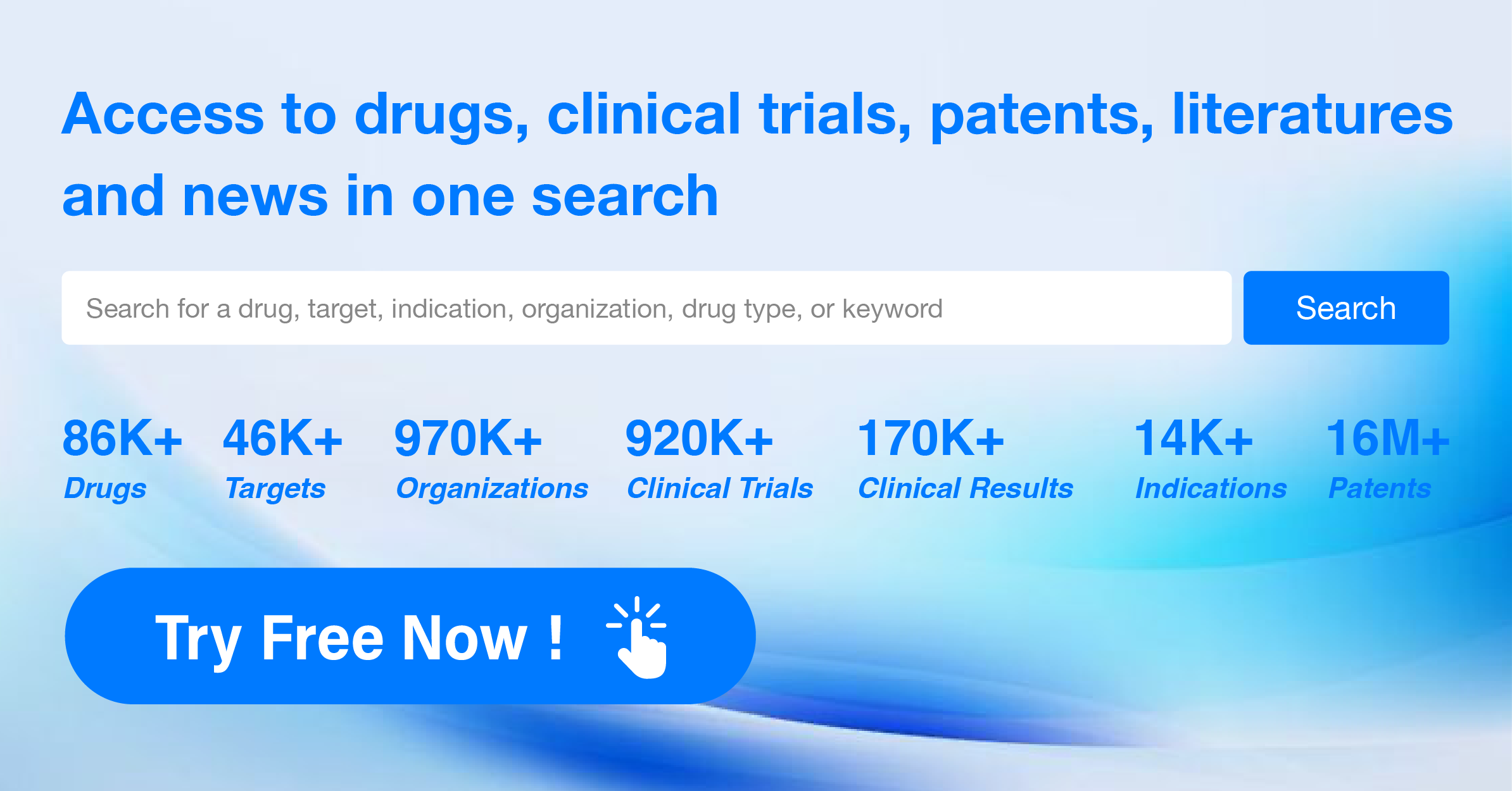MariTide: Amgen's Experimental Obesity Drug Demonstrates Sustained Weight Loss in Phase I
Phase I clinical trial results for Amgen’s experimental weight-loss drug, MariTide, indicate it may provide longer-lasting effects compared to existing glucagon-like peptide-1 (GLP-1) treatments such as Novo Nordisk’s Wegovy and EliLilly’s Zepbound. According to data published in Nature Metabolism, MariTide achieved significant weight loss in obese patients without diabetes. The highest dose led to a 14.5% reduction in body weight by day 85, while the placebo group experienced a 1.5% weight gain. The lowest dose of MariTide resulted in a 7.4% weight loss after three doses.
MariTide is a bispecific molecule combining a glucose-dependent insulinotropic polypeptide (GIP) receptor antagonist with a GLP-1 receptor agonist. This dual mechanism activates GLP-1 receptors and blocks GIP receptors.
A key advantage of MariTide is its potential for durable effects. Unlike Wegovy and Zepbound, which require continuous weekly dosing, early data suggest MariTide could be effective with less frequent dosing over time. Weight loss was maintained for up to 150 days after the last dose, with maximum weight loss sustained for two months post-treatment.
Amgen is currently conducting a Phase II trial to further explore the feasibility of reduced dosing. The trial involves titrating patients up to the full dose and then transitioning them to a less intensive dosing regimen. Results from this trial are expected later this year.
How to obtain the latest research advancements in the field of biopharmaceuticals?
In the Synapse database, you can keep abreast of the latest research and development advances in drugs, targets, indications, organizations, etc., anywhere and anytime, on a daily or weekly basis. Click on the image below to embark on a brand new journey of drug discovery!




